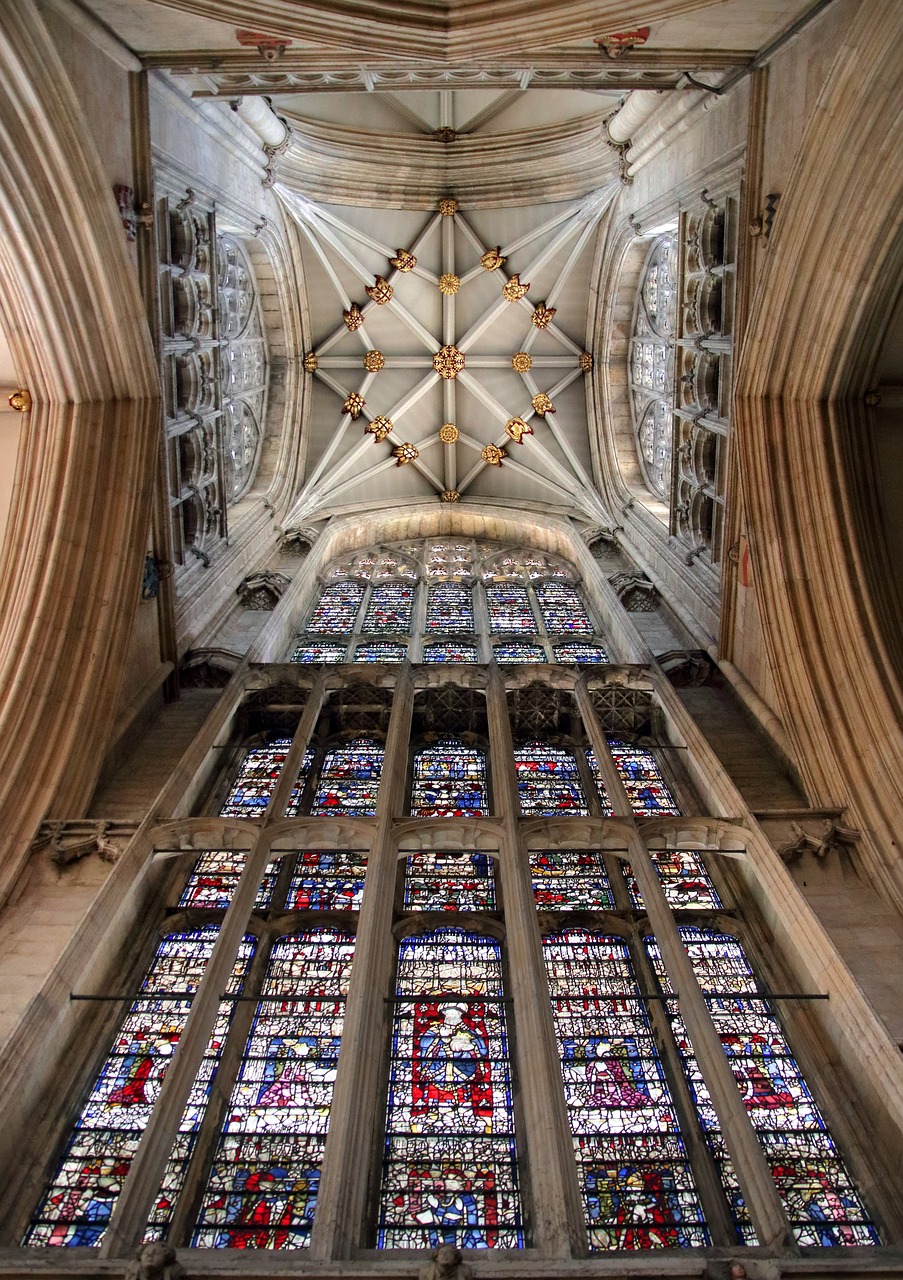The Church of England, established in the 16th century, significantly shaped English society and political landscape. Its influence extended far beyond religious matters, permeating social, economic, and political spheres. However, when the American founders embarked on creating a new nation, they consciously sought to distance their fledgling democracy from the entrenched power of the Church of England. This essay explores why the American founders rejected the Church of England’s model of religious establishment and opted for a separation of church and state.
The Church of England’s Power in England
The Church of England’s power in England was deeply entrenched, stemming from its close alliance with the monarchy. The monarch served as the church’s Supreme Governor, holding ultimate authority over its doctrines, practices, and personnel. This fusion of religious and political power had far-reaching implications.
Intolerance and Suppression of Dissent
The Church of England enforced its doctrines and practices with an iron fist, suppressing dissent and marginalizing those who held different religious beliefs. This intolerance led to persecution and discrimination, particularly against Catholics and Puritans. The church’s rigid orthodoxy stifled religious freedom and the expression of diverse religious thought.
Alliance with the Aristocracy
The Church of England’s power was further amplified by its close ties to the aristocracy. Bishops held seats in the House of Lords, granting them a voice in legislative matters. This alliance between the church and the aristocracy reinforced the existing power structures and limited social mobility.
The American Founders’ Quest for a Different Path
Having experienced firsthand the negative consequences of a state-sanctioned church, the American founders were determined to create a different model for their new nation. They sought to establish a society where religious freedom could flourish, and individuals could practice their faith without fear of persecution or discrimination.
The Concerns of the American Founders
The American founders had several specific concerns regarding the Church of England’s power and its potential impact on their new republic. They feared that a state-established church would:
- Stifle religious freedom and diversity of thought.
- Reinforce existing social hierarchies and limit social mobility.
- Become a tool for political manipulation and oppression.
The Separation of Church and State
The American founders enshrined the separation of church and state in the First Amendment to the United States Constitution to address these concerns. This clause prohibited the government from establishing a state religion or interfering with the free exercise of religion. It sought to create a space where individuals could practice their faith without fear of government interference or coercion.
The Significance of the Separation
The separation of church and state was a radical departure from the prevailing norms of the time. It represented a bold commitment to individual liberty, religious freedom, and the protection of minority faiths. This principle has been instrumental in shaping American society, fostering a vibrant and diverse religious landscape.
The American founders’ rejection of the Church of England’s model of religious establishment was a defining decision. They recognized the dangers of a state-controlled church and sought to create a society where religious freedom could flourish. The separation of church and state, enshrined in the First Amendment, has been a cornerstone of American democracy, safeguarding individual liberties and promoting religious diversity.





